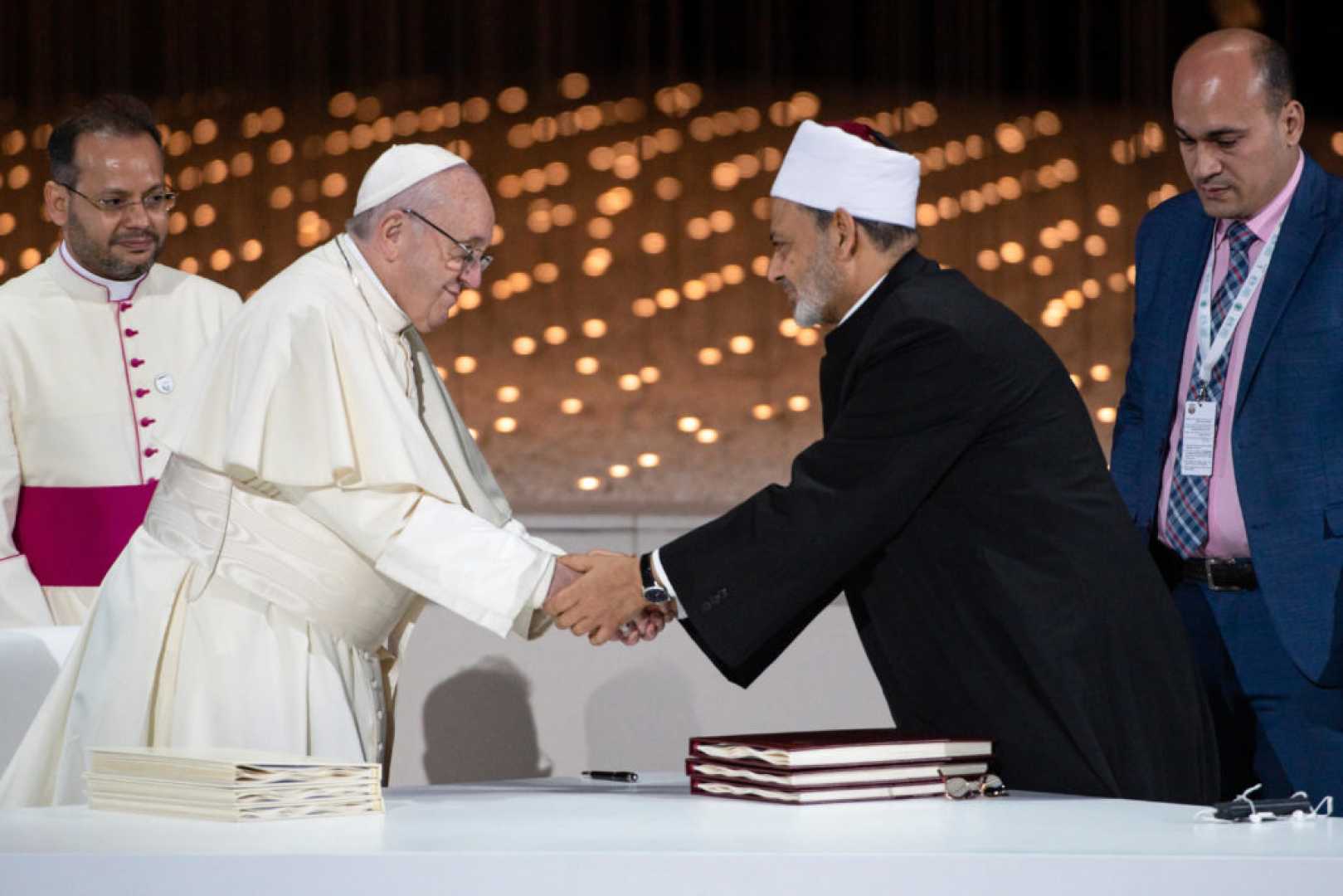News
World Council of Churches Celebrates Pope Francis’s Interfaith Legacy

GENEVA, Switzerland — The World Council of Churches (WCC) honored Pope Francis on July 17, 2025, reflecting on his significant contributions to interfaith dialogue and cooperation. The tribute emphasized his commitment to fostering peace and understanding amid division.
Pope Francis, who led the Catholic Church for over a decade, will be remembered for promoting mutual recognition among religions. His leadership role was marked by groundbreaking engagement with leaders from diverse faith traditions. He called for a collective ethical commitment to peace, justice, and human dignity.
“He viewed interreligious dialogue as a sacred task,” said Mons. Indunil Janakaratne Kodithuwakku K., secretary of the Dicastery for Interreligious Dialogue at the Vatican. “His dialogues were grounded in a living faith and aimed at healing a wounded world.”
The pope’s attendance at the 2019 Human Fraternity meeting in Abu Dhabi was a pivotal moment in interfaith relations, where he signed a declaration promoting global fraternity and religious diversity. His message emphasizes that collaboration among religions is essential in facing global challenges.
“Pope Francis insisted that genuine dialogue must always include everyone, expanding beyond just religious leaders to incorporate voices from all sectors of society,” Kodithuwakku added.
Kathryn Lohre from the Evangelical Lutheran Church in America noted that Pope Francis’s efforts extended to significant events, including a recent signing ceremony in Indonesia, reinforcing the need for interreligious collaboration to address pressing issues like climate change.
Reflecting on the WCC’s ongoing commitment to interfaith dialogue, Prof. Dr. Angeliki Ziaka emphasized Pope Francis’s unique ability to transcend barriers of race, gender, and religion, calling his work a model for current and future generations.
Pope Francis, in his own words, stated that the future of humanity relies on recognizing one another as brothers and sisters. He urged religious communities to be agents of peace and dialogue, promoting unity rather than division.
Dr. Jakob Wirén, a theology professor in Sweden, shared his insights about Pope Francis’s role in building bridges both ecumenically and interreligiously, highlighting the pope’s legacy as one of hope and reconciliation. “His commitment to dialogue remains a vital part of our global mission,” Wirén said.
As the WCC reflects on Pope Francis’s contributions, his legacy continues to inspire commitments toward meaningful dialogue and cooperation across faith traditions.












